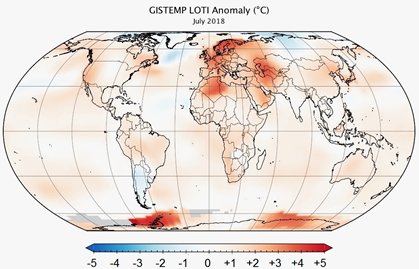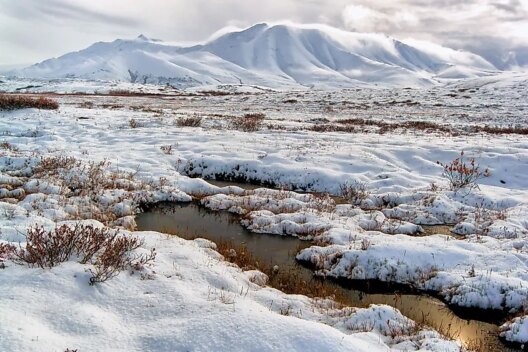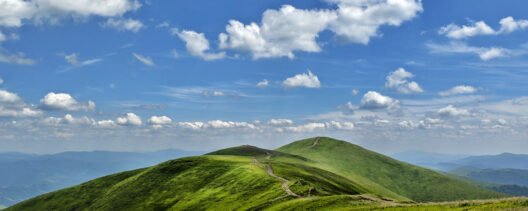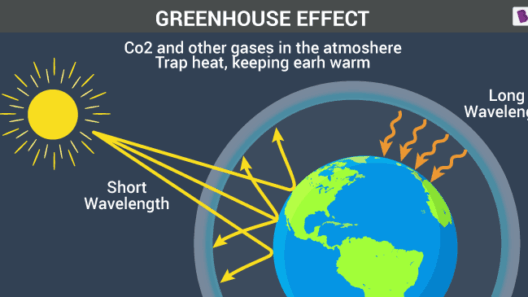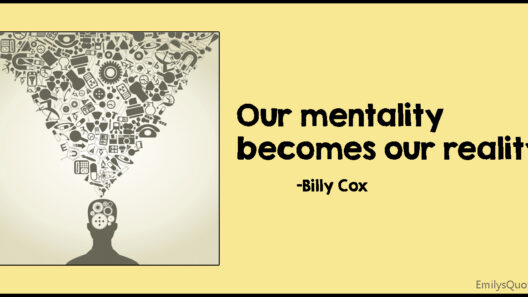In recent years, the discourse surrounding climate change has transformed from a theoretical debate into a multifaceted discourse that captivates, and often confounds, the public consciousness. The phrase “man-made global warming” has become emblematic of this transformation. Among the plethora of topics debated within this field, one stands out: the extent to which scientists converge on the reality of anthropogenic climate change. A critical examination reveals a staggering consensus among climate scientists, which invites a deeper exploration of both the scientific underpinnings and societal implications of this agreement.
Firstly, it is paramount to establish what is meant by “consensus.” Within the scientific community, consensus does not imply unanimous agreement but rather a significant alignment of conclusions drawn from extensive research. In the context of climate science, the term refers to the overwhelming majority of researchers who affirm that climate change is primarily driven by human activities, notably the combustion of fossil fuels, deforestation, and industrial processes. According to numerous studies, including comprehensive surveys of scientific literature, approximately 97% of climate scientists agree that human influence is responsible for the notable changes observed in global temperatures since the mid-20th century.
This remarkable level of agreement stems from an array of meticulously conducted research efforts that span countless variables, disciplines, and methodologies. The Intergovernmental Panel on Climate Change (IPCC), an international body tasked with assessing the unequivocal evidence for climate change, synthesizes data from thousands of studies. Their reports outline the critical impacts of human activities on global climate, elucidating phenomena such as rising sea levels, increasing temperatures, and erratic weather patterns. This rigorous analysis serves as a bastion of scientific consensus, reinforcing the legitimacy of the findings with each progressive report.
Yet, despite this overwhelming agreement, skepticism persists in public realms. This dissonance prompts a fascinating inquiry into the reasons behind it. One underlying factor is the complexity and multifaceted nature of climate science. The field encompasses diverse branches, including atmospheric science, ecology, oceanography, and geology, each contributing unique insights that inform the overarching narrative. Such complexity can lead to misconceptions, where individuals interpret preliminary uncertainties in research as indicators of fundamental disagreement among scientists. However, spontaneous uncertainty is an intrinsic aspect of scientific inquiry, where hypotheses evolve as new data emerges. Thus, the evolution of scientific knowledge should not be misconstrued as a lapse in consensus.
Moreover, the relationship between science and societal values plays a crucial role in shaping public perception. Climate change often intersects with political ideology and economic interests–elements that profoundly influence how individuals interpret scientific findings. In many cases, skepticism about climate change correlates with a reluctance to accept the severe implications of needed policy changes, suggesting that perceptions are often entrenched in pre-existing beliefs rather than a reflection of scientific discourse. The terrain of climate science thus becomes fragmented by ideological divides, causing the consensus to be overshadowed by unsubstantiated claims that trivialize the breadth of scientific agreement.
Even the language utilized to discuss climate science often contributes to misunderstandings. The term “global warming” itself can be misleading; it implies a uniform temperature increase when, in fact, climate change encompasses a broader spectrum of environmental impacts, including more frequent and severe weather events, alterations in flora and fauna distribution, and the creation of clenched feedback loops within Earth’s systems. Such terminological nuances deepen the fascination surrounding climate change, transforming it into not just an environmental concern but a complex interplay of scientific, social, and economic dimensions.
With this in mind, the imperative for effective communication becomes ever more apparent. Policymakers, educators, and activists bear the weighty responsibility of distilling scientific findings into accessible narratives that resonate with diverse audiences. An informed public is vital for catalyzing change, enhancing receptivity towards climate policies, and mobilizing communities around sustainable practices. Throughout this discourse, the consolidation of scientific evidence and transparency regarding uncertainties must remain ingrained in any educational endeavor. Only then can the focus shift toward solutions instead of debates.
In essence, the statistical consensus amongst climate scientists on man-made global warming remains an unassailable truth, yet the discourse surrounding it is rife with complexities that reflect deeper societal dynamics. The convergence of varied scientific fields culminates in a consensus that advocates for strategic alterations in our global energy paradigm. Nevertheless, societal perceptions colored by political and ideological lenses often distort the clarity that scientific consensus should provide. Bridging this chasm requires a reframing of conversations around climate science, rooted in empathy, understanding, and accessibility. By fostering an environment where scientific literacy flourishes, societies can be galvanized to confront the daunting challenges posed by climate change with resolve and urgency.
The roots of our fascination with climate change extend beyond mere numbers and statistics; they reflect our collective responsibility to future generations. As the narrative evolves, so too must our engagement with it. It is only through rigorous dialogue and an unwavering commitment to the truth that genuine strides can be made in mitigating the profound impacts of climate change while harmonizing the relationship between humanity and the natural world.



